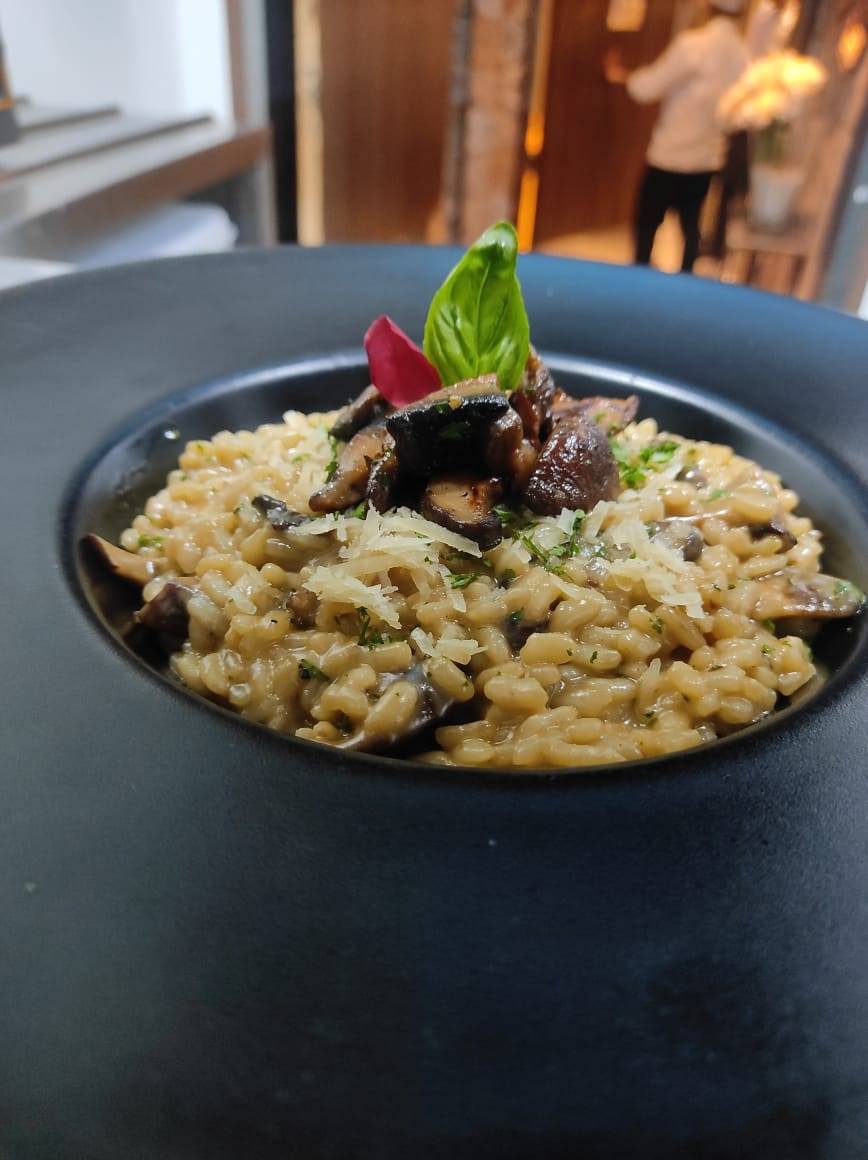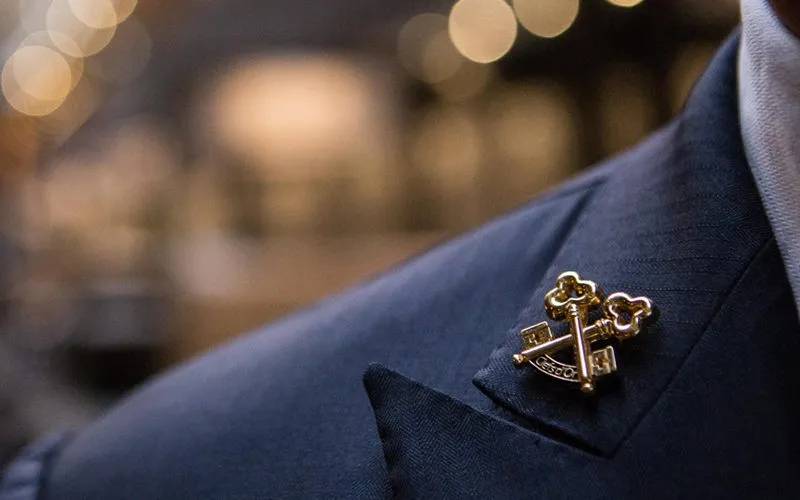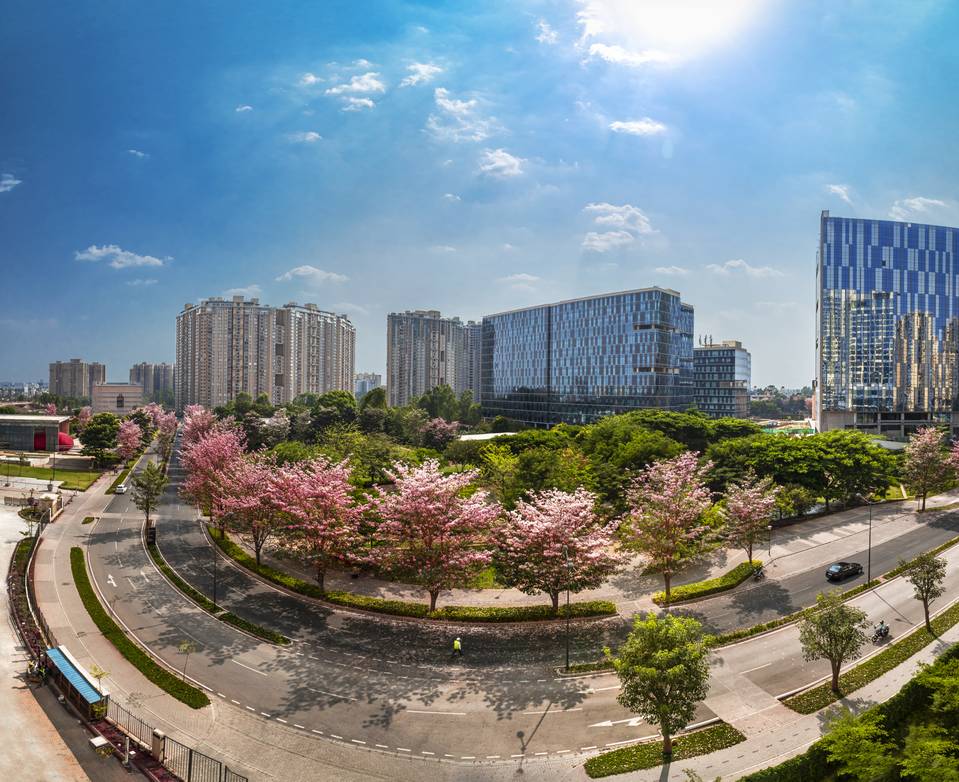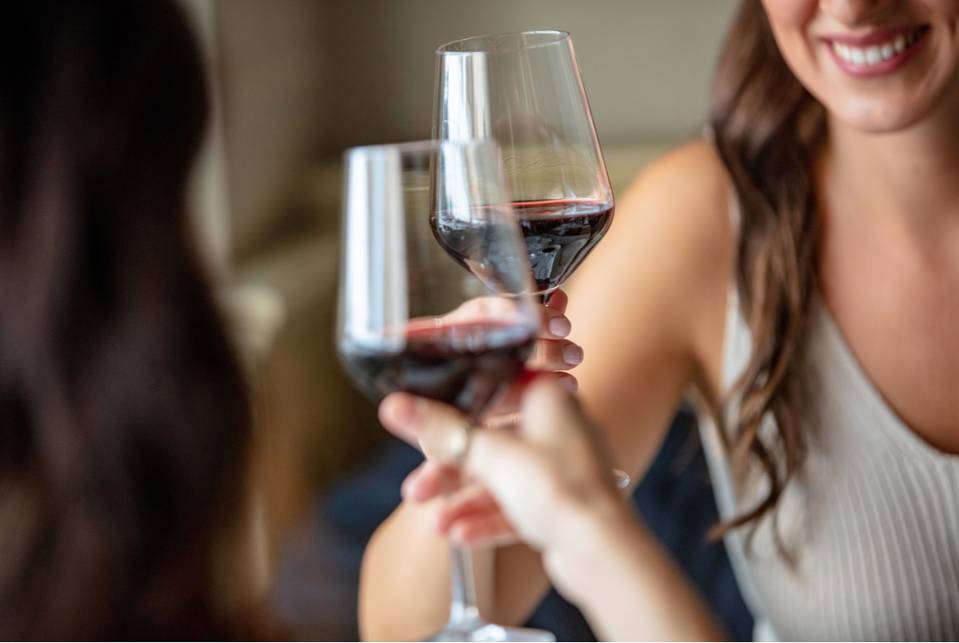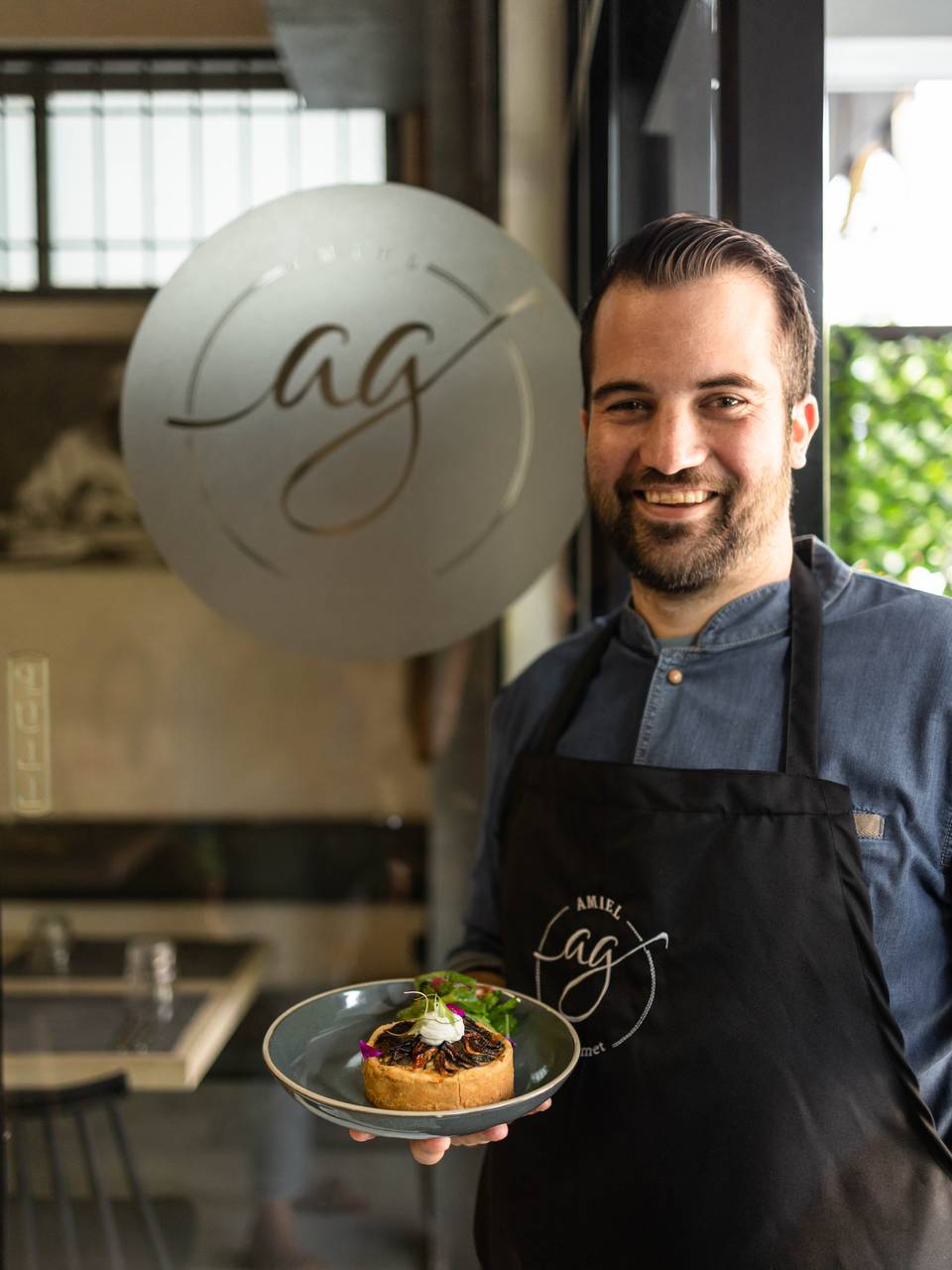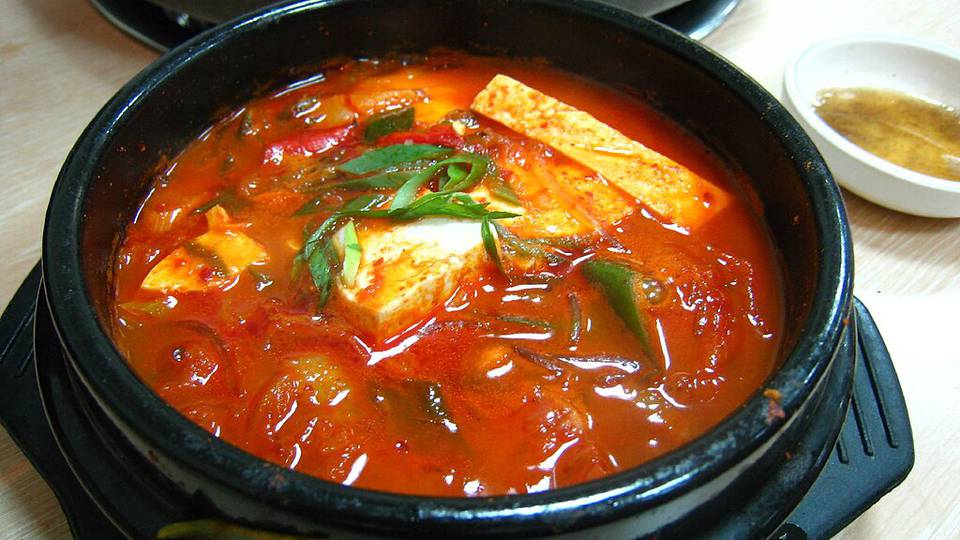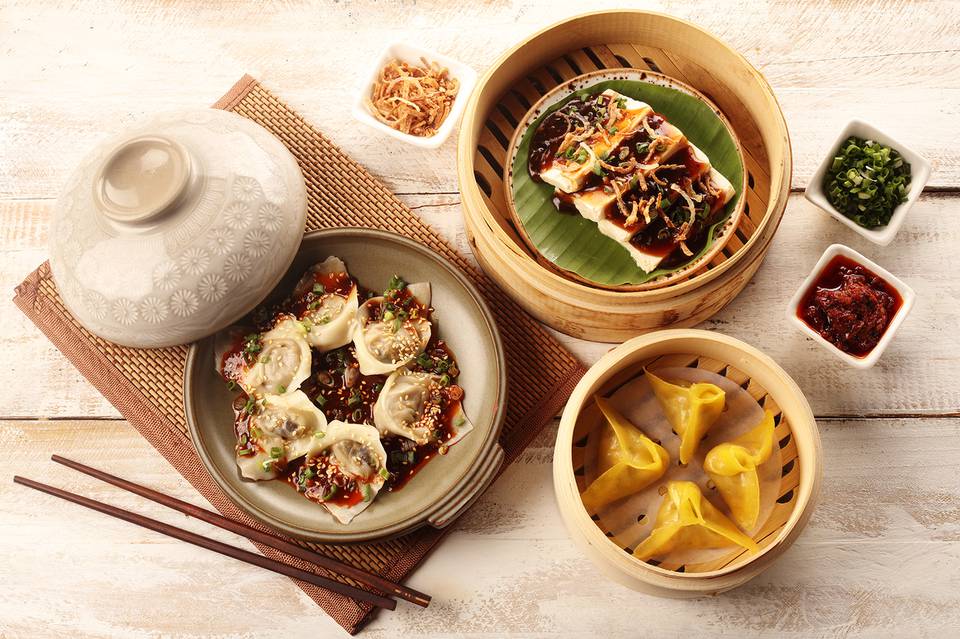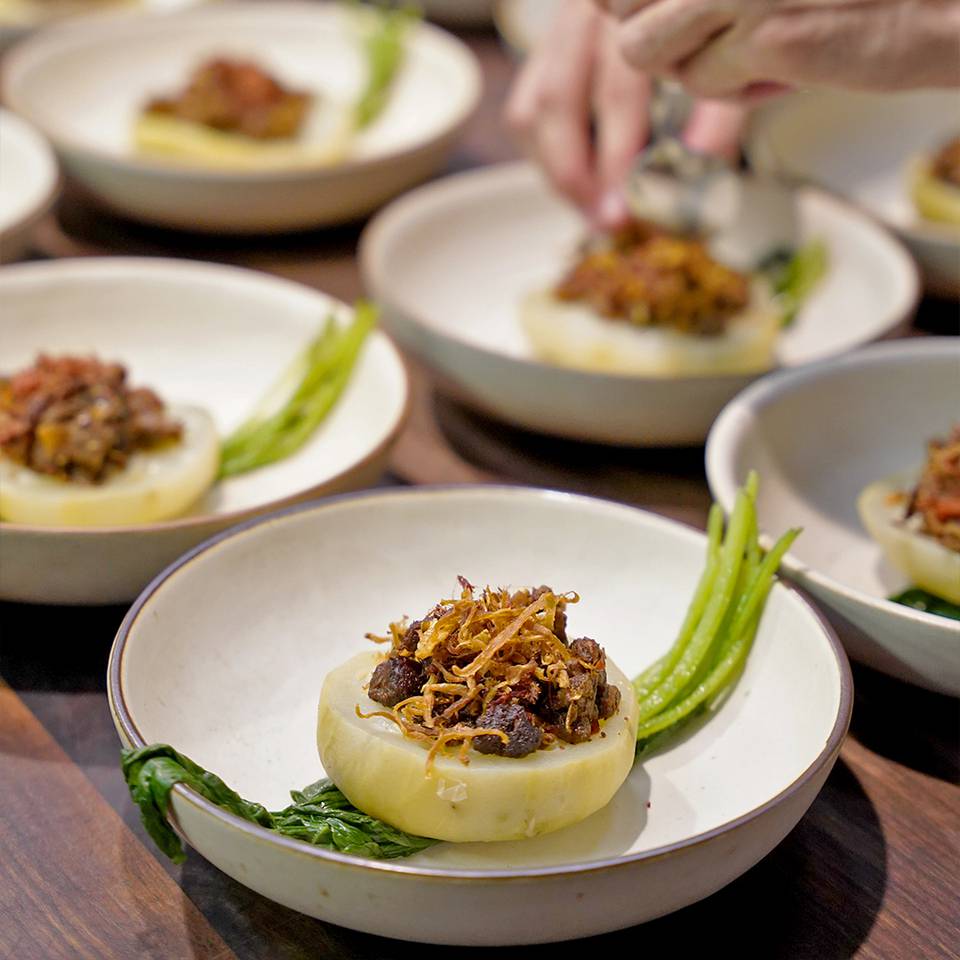Reviving The Cuisine Of The Kingdom
Oct 11, 2019, 12 41 | Updated: Oct 11, 2019, 12 41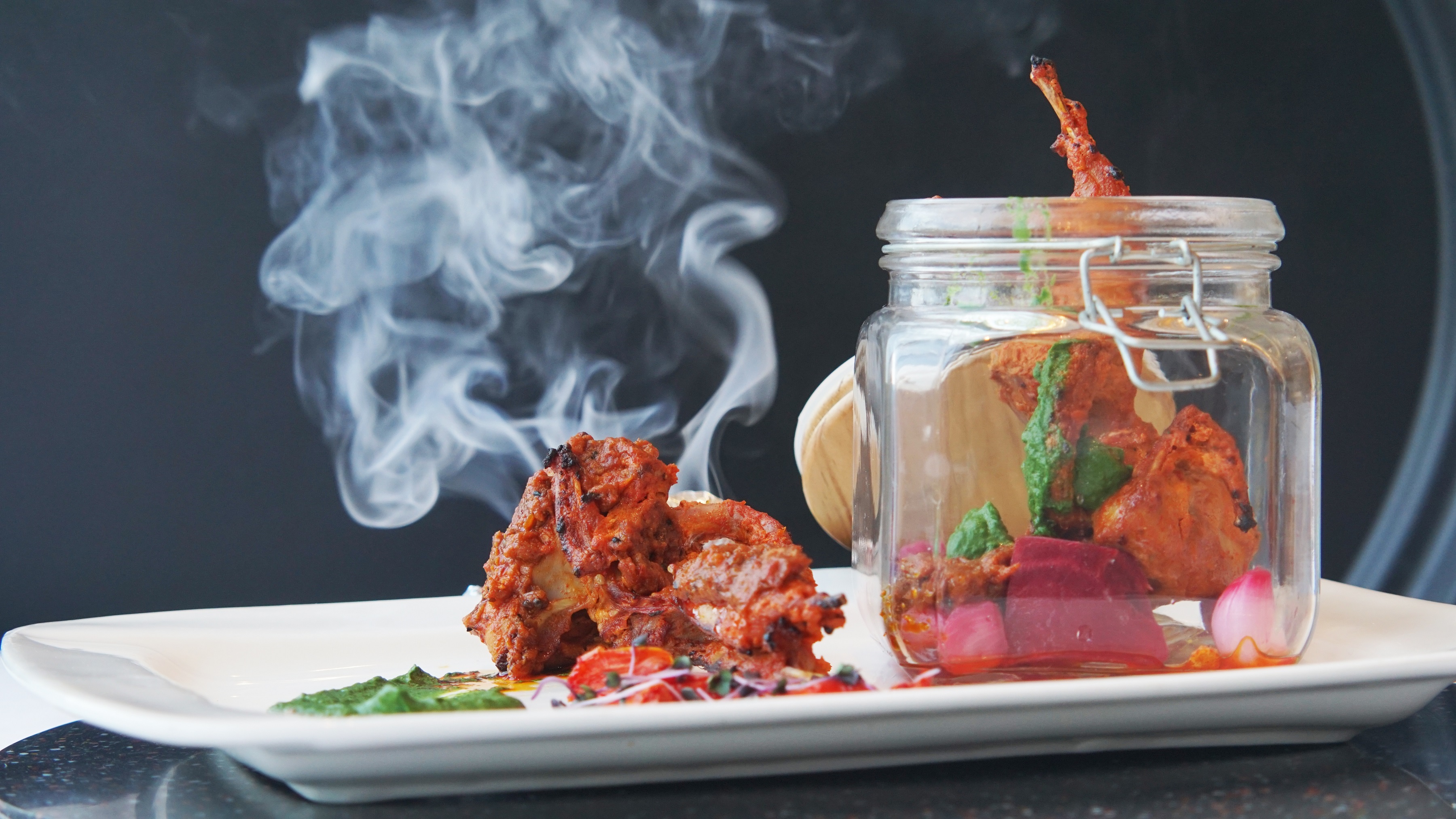
Chef Parvinder Bali, one can say, is a panjandrum in the court of Patiala and he is engaged in reviving the cuisine of the kingdom. So Chef Bali set off to learn more about himself through the cuisine of his people. Mind you not Punjabi food. It really trips up Chef Bali to speak of Punjabi food at large. Historically each region and within that each “pindh” or village had its own cuisine. The Kingdom of Patiala was one such region and Chef chanced upon a recipe book from this time.
This recipe book became the studied inspiration for the Rivaayat- E- Patiala.
The kingdom flourished in the 1600s. The 350 recipes from this recipe book show a glimpse into the lives of the kings’ lifestyle, and the poultry, meat, vegetables and fruits available at the time. The cooks at the time were closest to the king. They were responsible for the king’s sustenance and well-being. It’s no wonder they too, over the years, gained the title of “maharaj”. And these chefs showcased great propriety in their cooking. Each recipe was unique to that particular cook. He wouldn’t even share it with his own daughter, fearing she may take it away to another family for them to benefit.
All this came across in the recipe book, which is why Chef took almost five years to study it and recreate the recipes. There was also the big conundrum to do with portions. A recipe calls for 4 annas worth of ghee. What would that translate to in today's inflated market? So he had to use his expertise to create these unstandardised recipes and also translate from Gurmukhi.

A fascinating translation from this recipe book also led to the discovery and origin of some foods as we know it. Take the Dal Bhukpari. The recipe calls for dal, ginger water and lots of ghee. Being so heavy in fat, Chef was confused that people who ate this came back to him hungry in a short while. Then it came to him that the use of ginger water is what made this dish digest quickly.
What fascinated him further was that this dish is probably Dal Makhani as we now know it. The Kingdom of Patiala predates the advent of the Portuguese. They are the ones that brought us tomatoes and chillies which make up a portion of the current Dal Makhani recipe of today.
Chef Parvinder Bali is a better chef and a better Punjabi for having come upon this recipe book which he will cherish forever.
(Chef Bali is Dean of the Oberoi School of Learning and Development and was at The Oberoi Bangalore recently to showcase his work.)
